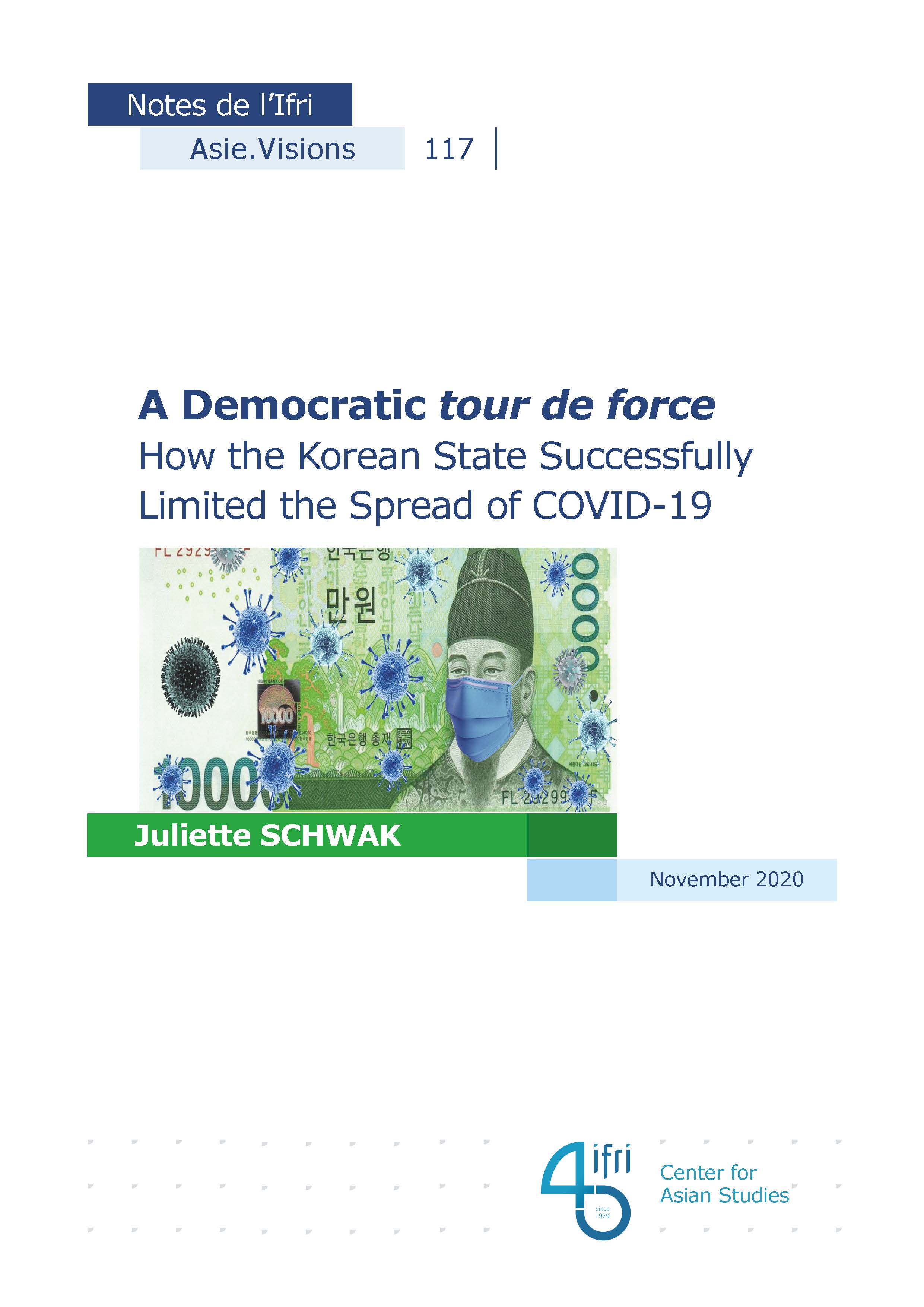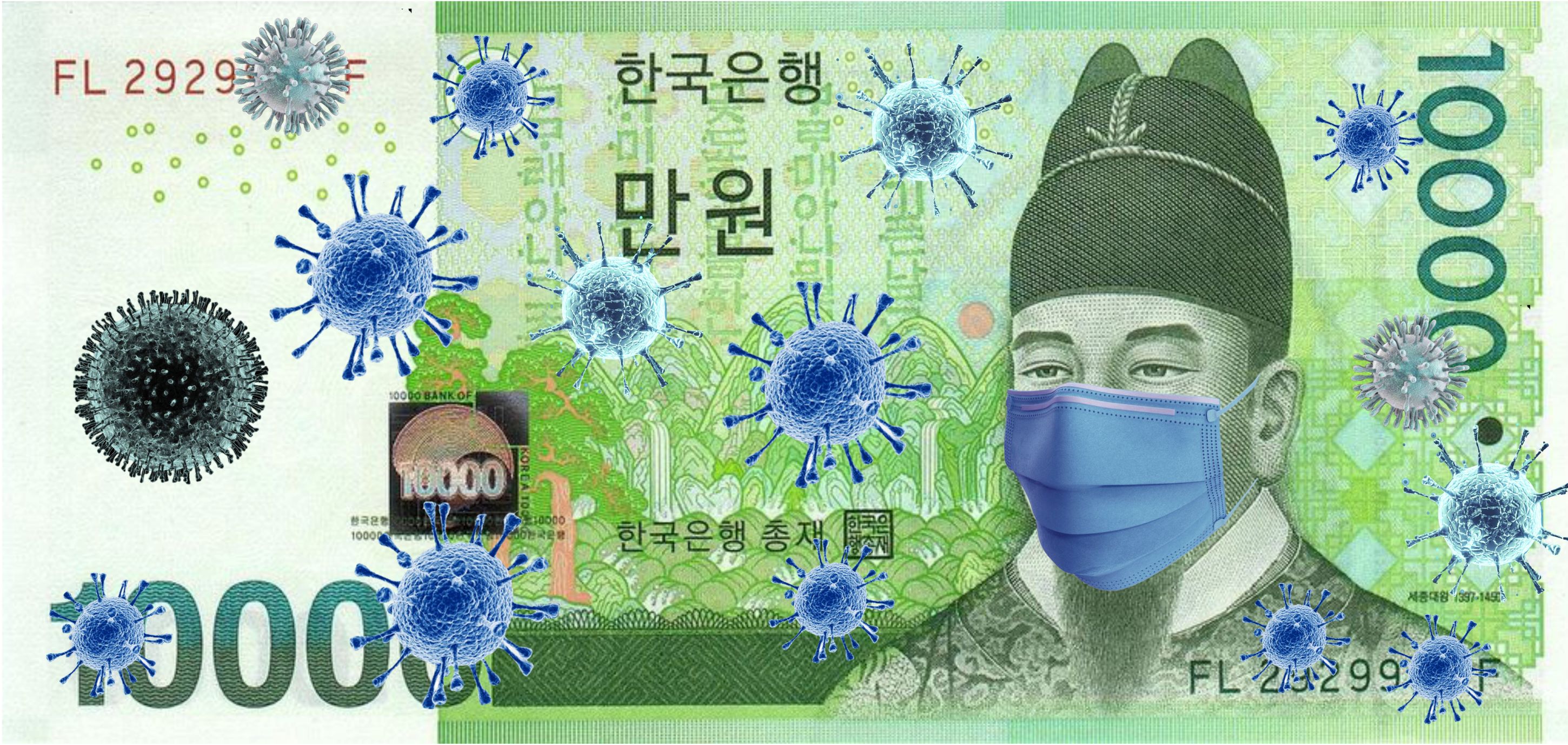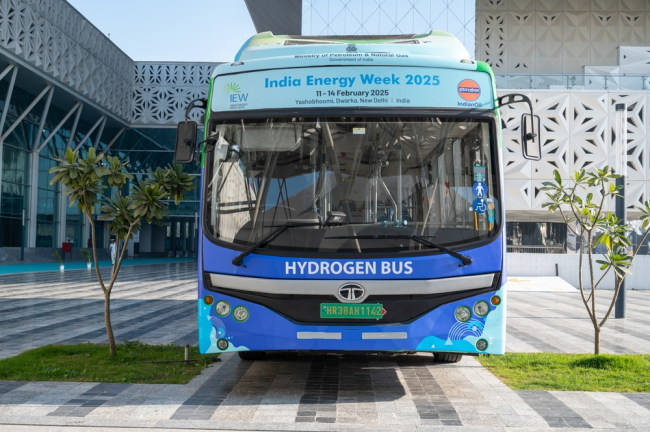A Democratic tour de force: How the Korean State Successfully Limited the Spread of COVID-19

While the COVID-19 pandemic is still greatly affecting most of the world, the Republic of Korea has managed to stall the spread of the disease.

No nationwide or even local lockdown was imposed; citizens largely complied with government guidance on social distancing and there have been no COVID-related protests in the country. The response of the Korean government and of Korean society to the COVID-19 crisis has generated much interest among foreign observers, who wonder how the Korean government was able to limit the spread of the disease while maintaining economic activity and without generating distrust among the population.
The paper argues that a multiplicity of factors have enabled the Korean government to limit the spread of the disease without antagonizing the population but most importantly that it was Korea’s democratic control of technology that was effective in curbing the contagion curve, rather than technology per se. The Korean government has used information technologies and surveillance mechanisms to track COVID-19 cases through applications and tracing maps. But a transparent and legally limited use of surveillance technologies has proven decisive in the management of the pandemic.
However, several challenges still await Korea after COVID-19, even while it now exports its COVID response as a ‘K model’. These include the current second wave and imported cases, as well as domestic debates surrounding the government’s Keynesian response to the economic repercussions of the pandemic.
Download the full analysis
This page contains only a summary of our work. If you would like to have access to all the information from our research on the subject, you can download the full version in PDF format.
A Democratic tour de force: How the Korean State Successfully Limited the Spread of COVID-19
Related centers and programs
Discover our other research centers and programsFind out more
Discover all our analysesIndia’s Green Hydrogen Strategy in Action: Policy Actions, Market Insights, and Global Opportunities
India is poised to remain the world’s fastest-growing major economy, and this rapid growth is driving a sharp rise in energy demand. As the most populous country on the planet, India urgently needs to decarbonize its energy systems.

RAMSES 2024. A World to Be Remade
For its 42nd edition, RAMSES 2024 identifies three major challenges for 2024.

France and the Philippines should anchor their maritime partnership
With shared interests in promoting international law and sustainable development, France and the Philippines should strengthen their maritime cooperation in the Indo-Pacific. Through bilateral agreements, expanded joint exercises and the exchange of best practices, both nations can enhance maritime domain awareness, counter security threats and develop blue economy initiatives. This deeper collaboration would reinforce stability and environmental stewardship across the region.

The China-led AIIB, a geopolitical tool?
The establishment of the Asian Infrastructure Investment Bank (AIIB) in 2016, on a Chinese initiative, constituted an attempt to bridge the gap in infrastructure financing in Asia. However, it was also perceived in the West as a potential vehicle for China’s geostrategic agendas, fueling the suspicion that the institution might compete rather than align with existing multilateral development banks (MDBs) and impose its own standards.






